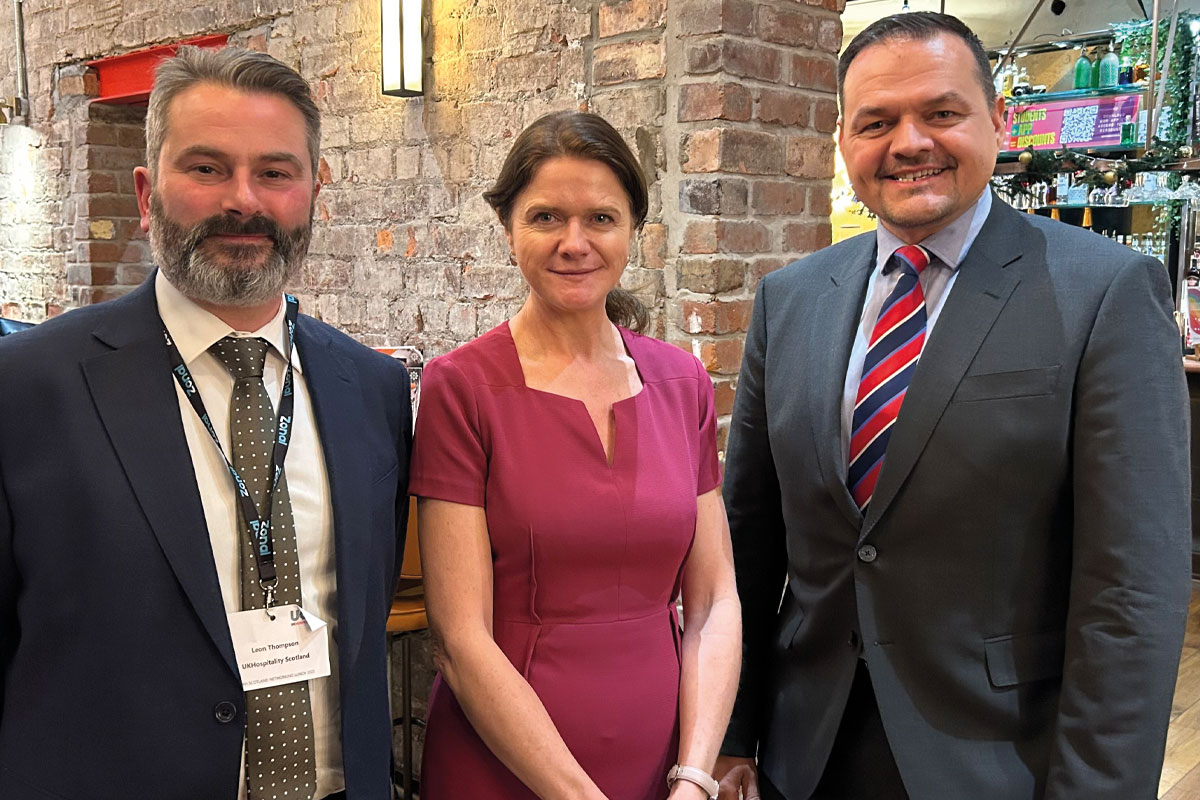 UK hospitality’s struggle to find enough workers is set to get worse, as the UK Home Office announces yet another tranche of changes to the immigration system, including a steep increase in the minimum salary needed to justify entry for skilled overseas workers, from £26,200 to £38,700.
UK hospitality’s struggle to find enough workers is set to get worse, as the UK Home Office announces yet another tranche of changes to the immigration system, including a steep increase in the minimum salary needed to justify entry for skilled overseas workers, from £26,200 to £38,700.
Industry leaders have warned that the measures will ‘further shrink’ the talent pool hospitality businesses are recruiting from and contribute to greater shortages.
As well as raising the minimum salary barrier, the UK government is also planning to stop care workers from other countries bringing their family dependants to the UK, while increasing the annual charge foreign workers pay to use the NHS from £624 to £1,035.
Immigration minister Robert Jenrick said that leaving the EU had allowed the UK government to make these changes to ‘root out’ what he described as ‘abuse’ of the immigration system.

However, speaking for national trade body UKHospitality, its chief executive Kate Nicholls said: “These changes will further shrink the talent pool that the entire economy will be recruiting from, and only worsen the shortages hospitality businesses are facing.
“Around three-quarters of hospitality’s workforce is filled from within the UK but international talent has always been attracted to work in the UK, due to our pedigree for hospitality and developing careers.
“These critical workers also bring with them a wealth of experience and skills to help further enhance our world-leading hospitality sector,” said Nicholls.
“There were 8500 hospitality visas issued last year, which helped bring in talented chefs and managers of the future. Around 95% of those would no longer be eligible under these plans, despite being offered competitive salaries,” she warned.
“We urgently need to see an immigration system that is fit-for-purpose and reflects both the needs of business and the labour market. The system at the moment does none of that.”



















